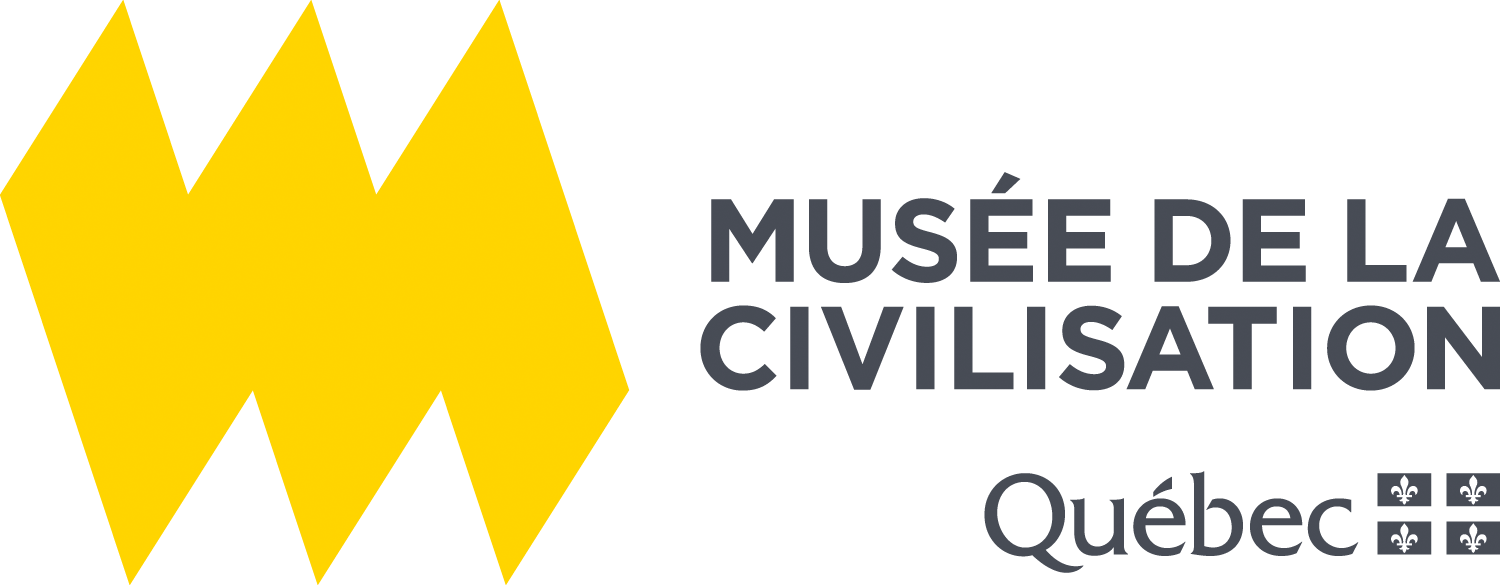A leader is someone who influences a group; this influence can be political, economic or social. Often, the group will give the leader a role that allows him or her to make decisions, such as chief, spokesperson to the government, or decision-maker.
Today, more and more leaders are guiding Aboriginal Nations towards better living conditions and a fairer place in society.
Ghislain Picard, Chief of the Assembly of First Nations of Quebec and Labrador
Since 1992 and still today, Ghislain Picard has been representing Quebec’s Aboriginal peoples to governments and the Assembly of First Nations of Canada. Together, the members of these assemblies negotiate with governments to improve the living conditions of Aboriginal people and eliminate injustices. For Ghislain Picard, it is important to stop making decisions based on the Indian Act, which no longer reflects today’s values.
Michèle Audette, Member of the Commission of Inquiry on Missing and Murdered Indigenous Women
Innu-Quebecker Michèle Audette followed in her mother’s footsteps to defend the rights of all Aboriginal women: at first, to ensure that women who marry a non-Aboriginal man can stay on the reserve with their families and subsequently as president of the organization Femmes autochtones du Québec. Today, she is a member of the Canadian investigation on violence against Aboriginal women.

